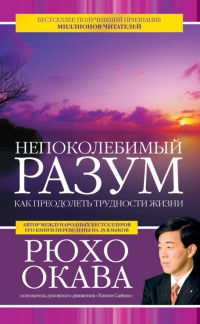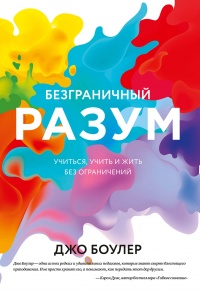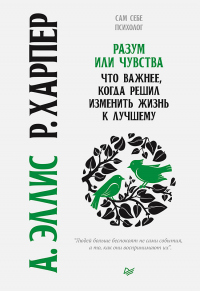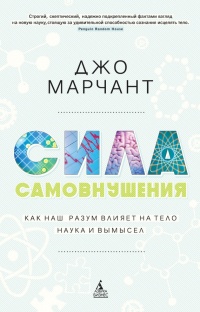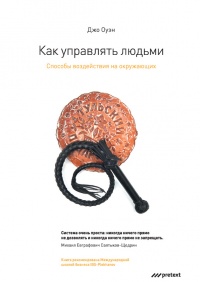Книга Сверхъестественный разум. Как обычные люди делают невозможное с помощью силы подсознания - Джо Диспенза
На нашем литературном портале можно бесплатно читать книгу Сверхъестественный разум. Как обычные люди делают невозможное с помощью силы подсознания - Джо Диспенза полная версия. Жанр: Книги / Психология. Онлайн библиотека дает возможность прочитать весь текст произведения на мобильном телефоне или десктопе даже без регистрации и СМС подтверждения на нашем сайте онлайн книг knizki.com.
Шрифт:
-
+
Интервал:
-
+
Закладка:
Сделать
Перейти на страницу:
Перейти на страницу:
Внимание!
Сайт сохраняет куки вашего браузера. Вы сможете в любой момент сделать закладку и продолжить прочтение книги «Сверхъестественный разум. Как обычные люди делают невозможное с помощью силы подсознания - Джо Диспенза», после закрытия браузера.
Книги схожие с книгой «Сверхъестественный разум. Как обычные люди делают невозможное с помощью силы подсознания - Джо Диспенза» от автора - Джо Диспенза:
Комментарии и отзывы (0) к книге "Сверхъестественный разум. Как обычные люди делают невозможное с помощью силы подсознания - Джо Диспенза"




















